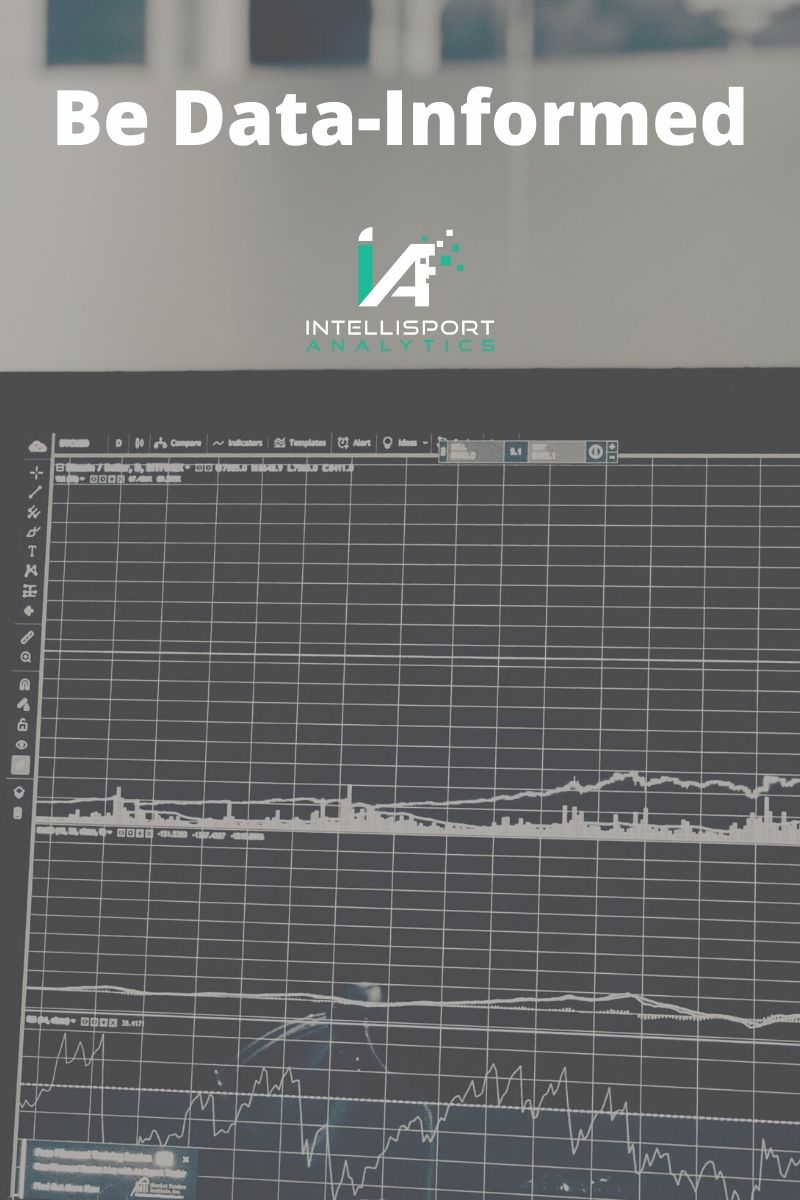I made the decision in Spring 2021 to leave my post as Associate Head Coaching of Swimming & Diving at the University of Pittsburgh — it was one of the hardest decisions I have ever had to make. I had wonderful coaching colleagues and I had exceptional relationships coaching the men and women on the teams. We experienced some incredible highs: breaking nearly every single varsity record, achieving the highest ACC and NCAA finishes in program history, and I had the opportunity to travel the world to recruit the best swimmers and divers available. Yet, gnawing at the back of my mind was how I could make a larger impact on collegiate athletics, and perhaps the larger sports landscape.
In my decade plus experience as a coach and professor, I became acutely aware of barriers that were preventing not only teams, but also sports organizations from achieving high performance and meeting the needs of its individuals. As I sought ways to describe what I was witnessing, hearing and researching, I found myself articulating a need to help leaders better understand their employees and student-athletes. The complexities of collegiate athletics creates certain negative externalities, that is, unwanted outcomes that stray from the espoused missions of athletics departments and sports teams. I started IntelliSport Analytics to help leaders untangle the complexities of athletics, and to provide them with strategies to avoid the pitfalls of organizational inefficiencies and flaws.
In a recent article in Forbes Magazine, NCAA’s Exit Interview Process Seems to be Failing the Athletes, Dr. Karen Weaver laid the case that athletics departments are not effectively capturing the sentiments and experiences of athletes despite NCAA mandated exit interviews for all players. The case for exit interviews is simple and well intentioned: poll graduating seniors about their experiences, review this data and make organizational or program adjustments to increase the likelihood of positive student-athlete athletic and academic outcomes. Dr. Weaver makes the case that these interviews are not working for a multitude of reasons: either they are not conducted, the data is not reviewed or the capacity to interpret behavior is not available to departments. What is more troublesome however, is these mandated exit interviews are failing to make real change for the participants during their own time as student-athletes. What good are exit interviews to an individual if they will not reap the benefits? Not to mention, transferring or student-athletes who leave a program often do not take these exit interviews, but perhaps hold the most important organizational revealing data.
It is the mission of IntelliSport Analytics to amplify and interpret the voices of all stakeholders within athletics — and provide leadership with data that can inform their decisions. Famed organizational psychologist Adam Grant recently framed this idea in a recent tweet:

Data is incredibly important, but how leaders use it makes the difference between data driven and data informed organizations. Data driven leaders let the data guide decisions, whereas data informed leaders let the data act as a check on experience and intuition.
In the context of sports, which is ever changing, this means equipping leaders with the data that increases their awareness of the needs of their organization and those who comprise it. I have always stated that athletics is highly personal for all involved. It requires abnormal and unreasonable amounts of sacrifice, from the athlete all the way up to the executive suite. Yet, somewhere in between, the alignment of missions and values become entangled and can often leave a wake of organizational winners and losers.
The best athletics leaders and coaches use data to be informed and reflect how their behaviors impact organizational culture. I look forward to partnering with leaders at all levels who seek to be data informed and focused on driving strong organizational cultures and strategy.




